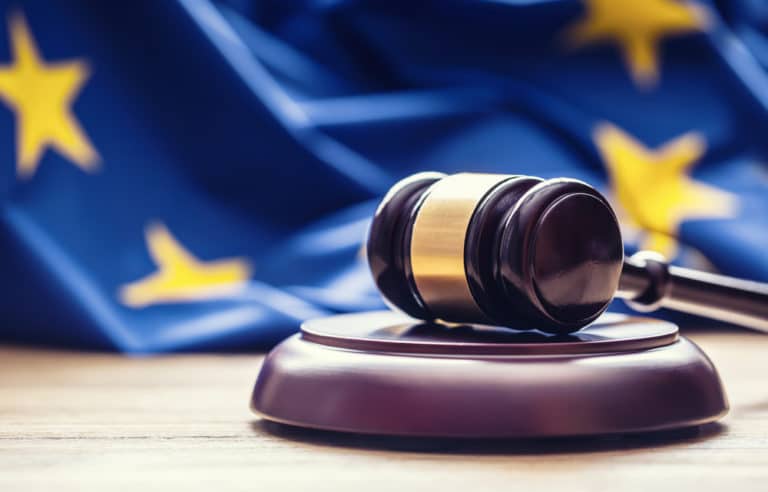The European Union has announced its official plans for the Digital Services Act and Digital Markets Act. With the legislation, the EU aims to prevent unfair competition in the tech market and protect users’ online rights.
The new proposals have been published on the EU website.
Digital Services Act
The Digital Services Act aims to protect the rights of consumers using the products of technology companies. It should force tech companies to adhere to ‘European values’ such as human rights, freedom, democracy, equality and the rule of law. Concretely, the rules consist of a number of obligations:
- Rules for the removal of illegal goods, services or content online;
- Safeguards for users whose content has been erroneously deleted by platforms;
- New obligations for very large platforms to take risk-based action to prevent abuse of their systems;
- Wide-ranging transparency measures, including on online advertising and on the algorithms used to recommend content to users;
- New powers to scrutinize how platforms work, including by facilitating access by researchers to key platform data;
- New rules on traceability of business users in online market places, to help track down sellers of illegal goods or services;
- An innovative cooperation process among public authorities to ensure effective enforcement across the single market.
These new rules will apply to all platforms serving more than 10 percent of the European population. This amounts to 45 million users.
Digital Markets Act
In order to prevent tech giants from gaining too much influence on the European market, a number of additional rules have been drawn up specifically for these companies. The rules aim to prevent lock-in scenarios or the unfair use of data and encourage innovation. The main points of the Digital Markets Act are as follows:
- Apply only to major providers of the core platform services most prone to unfair practices, such as search engines, social networks or online intermediation services, which meet the objective legislative criteria to be designated as gatekeepers;
- Define quantitative thresholds as a basis to identify presumed gatekeepers. The Commission will also have powers to designate companies as gatekeepers following a market investigation;
- Prohibit a number of practices which are clearly unfair, such as blocking users from un-installing any pre-installed software or apps;
- Require gatekeepers to proactively put in place certain measures, such as targeted measures allowing the software of third parties to properly function and interoperate with their own services;
- Impose sanctions for non-compliance, which could include fines of up to 10% of the gatekeeper’s worldwide turnover, to ensure the effectiveness of the new rules. For recurrent infringers, these sanctions may also involve the obligation to take structural measures, potentially extending to divestiture of certain businesses, where no other equally effective alternative measure is available to ensure compliance;
- Allow the Commission to carry out targeted market investigations to assess whether new gatekeeper practices and services need to be added to these rules, in order to ensure that the new gatekeeper rules keep up with the fast pace of digital markets.
Companies that do not comply with these competition rules risk large fines of up to 10 percent of their annual worldwide turnover. When companies break the rules three times in five years, they run the risk of being split up.
Thresholds
Determining the criteria for gatekeeper companies appears to have been a tough task. Margrethe Vestager said earlier that the EU should not manually distinguish the companies, but should do it based on clearly defined thresholds. In the end, it was decided to base it on the number of users and when the company operates in several markets at the same time.
The proposal will now be discussed by the European Parliament and the EU Member States. Only then will a final version of the proposal be drawn up.
Tip: Should Europe compete for technological world domination?
